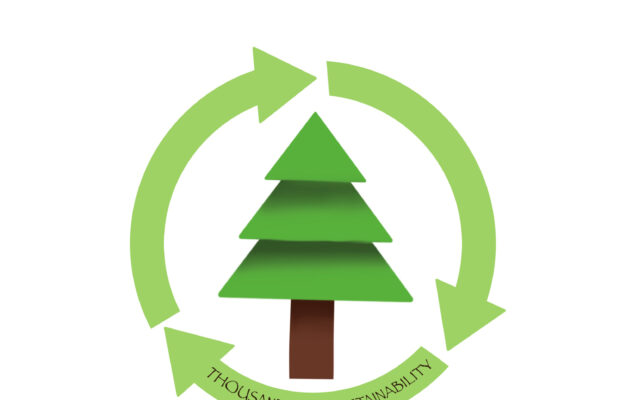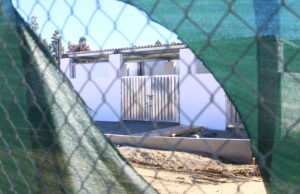Thousand Oaks Plans for a Sustainable Future

The city of Thousand Oaks held their tenth meeting on Sept. 24 with the General Plan Advisory Committee (GPAC) working on the planning and policy document that guides development, enhancement and conservation in Thousand Oaks.
Walker Wells is an employee of Raimi + Associates, an urban design and research firm assisting in the development of the city’s General Plan. He started the meeting by asking the attendees what sustainability meant to them. Fred Fukunaga, long time resident and homeowner in Thousand Oaks, said, ”Sustainability to me is working with our environment to create or maintain a good quality of lives for ourselves, our fellow residents and for those who come after us.”
Others such as Victor Hayek, CVUSD Deputy Superintendent, spoke about the importance of self-reliance within the city and said, “To me, sustainability is our ability to be self-dependent, self-supportive, for things like water [and] utilities.”
Wells followed the members’ explanations with a brief history of sustainability efforts at both the local and state levels, citing Burbank as a success story where clean air efforts were implemented. “I grew up experiencing this, and it’s really a positive environmental story that through collective action we’ve been able to clean up the air and really sort of turn things around,” Wells said.
The city’s sustainability division manager, Helen Cox, provided a breakdown of Thousand Oaks’s greenhouse gas emissions and outlined current and future efforts towards a cleaner environment. “In 2019, the city council adopted a municipal energy plan that focuses on specific action that the city is taking to reduce energy use that has a goal of 15% reduction over the next 5 years,” Cox said. She then discussed the consequences of climate change on the natural landscape. “Conditions that have supported our habitat and our oak trees in the past are not persisting and will not persist in the future.”
Another key speaker at the presentation was Matt Raimi, founder of Raimi + Associates. He focused on how a city’s layout influences the citizens’ willingness to forego driving in favor of environmentally friendly modes of transportation. “People who live in more compact areas where there’s places to walk to and good environments and destinations tend to drive less and they have lower per capita greenhouse gas emissions than people who live in more driving-oriented environments such as Thousand Oaks,” he said.
The meeting concluded with small group discussions and Raimi’s overview of upcoming events. Raimi announced that the next GPAC meeting would be on arts and culture on Oct. 22.



